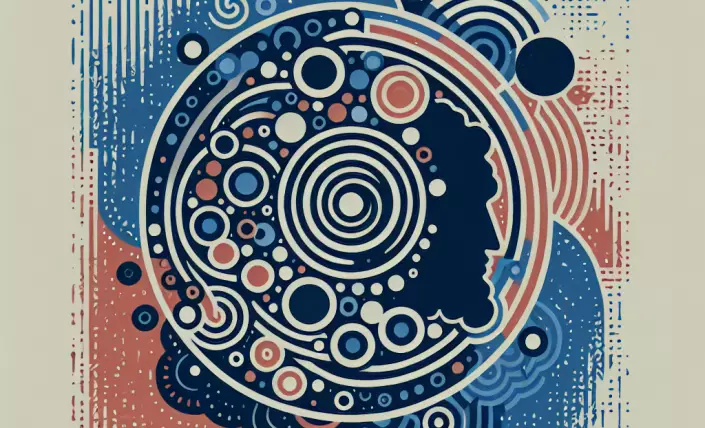Gilbert Keith Chesterton, a luminary of paradoxical wisdom, offers a rich tapestry of thought that challenges our perceptions and invites us to explore the complexities of life with a fresh perspective. At the heart of Chesterton's philosophy lies a profound engagement with paradox—the idea that truths are often found in contradictions and that the seemingly impossible can illuminate our understanding of reality. In this exploration, we delve into Chesterton's unique approach to paradox and how it can serve as a catalyst for reflection on the human condition.
Paradox, in Chesterton's view, is not merely a rhetorical device but a fundamental aspect of existence that reveals deeper truths. He contends that life itself is full of apparent contradictions, yet these contradictions are not to be dismissed but rather embraced as a pathway to greater insight. For instance, Chesterton famously stated that "the world will never starve for want of wonders; but only for want of wonder." This paradoxical statement underscores the notion that the world is replete with marvels, yet our ability to appreciate them is hindered by our lack of awe and curiosity. In a world increasingly driven by empirical data and scientific analysis, Chesterton's emphasis on wonder invites us to reconnect with a more holistic view of reality, where mystery and the inexplicable are not obstacles to knowledge but integral components of it.
Furthermore, Chesterton's use of paradox challenges us to reconsider our assumptions and biases. He posits that many of our conventional beliefs are often built on shaky foundations, and it is through the recognition of paradox that we can begin to question these beliefs. For example, Chesterton often explored the paradox of freedom and restraint, suggesting that true freedom is found not in the absence of constraints but in the right kind of constraints. He argued that a fish is free only within the confines of water; outside of it, the fish would perish. This paradox invites us to reflect on the nature of freedom in our own lives, prompting us to consider whether the pursuit of limitless autonomy might actually lead to a loss of purpose and direction.
In conclusion, Chesterton's philosophy of paradox serves as a powerful tool for introspection and growth. By embracing the contradictions inherent in life, we are encouraged to adopt a more nuanced understanding of the world and our place within it. Chesterton's insights remind us that the quest for truth is not a linear path but a dynamic process that requires openness to the unexpected and the seemingly illogical. In a society that often values certainty and clarity, Chesterton's celebration of paradox challenges us to remain curious, to question the status quo, and to find joy in the mysteries that surround us. As we navigate the complexities of contemporary existence, Chesterton's philosophy offers a timeless invitation to rediscover the wonder of life through the lens of paradox.










